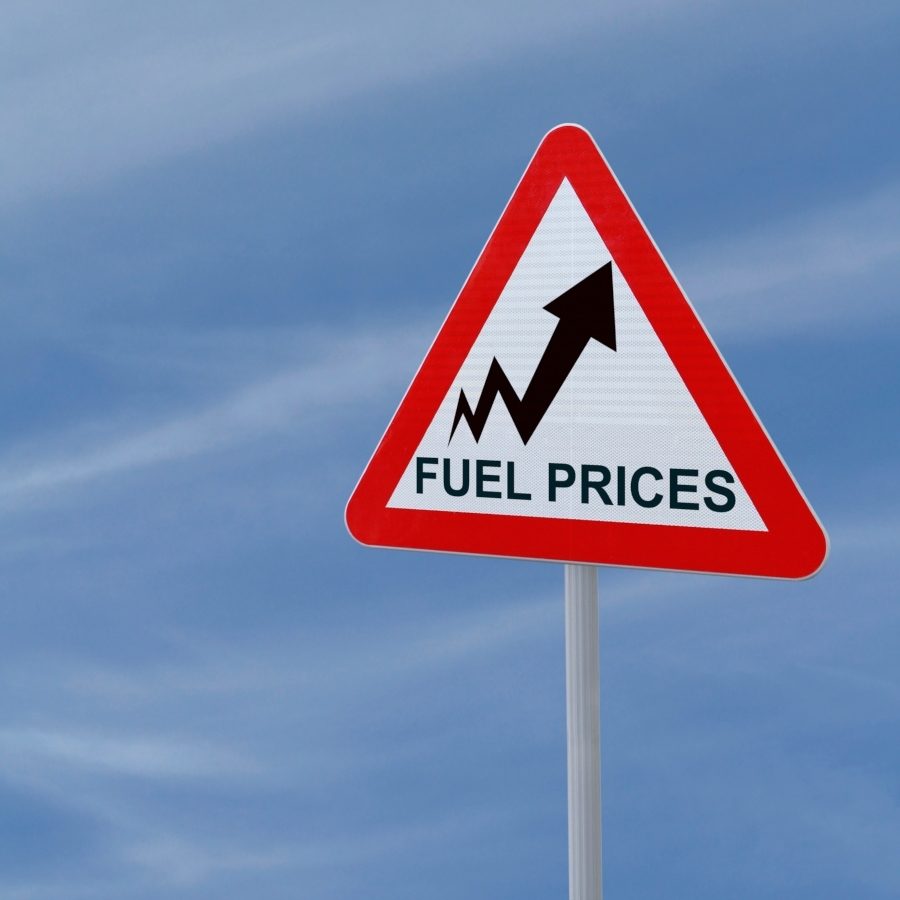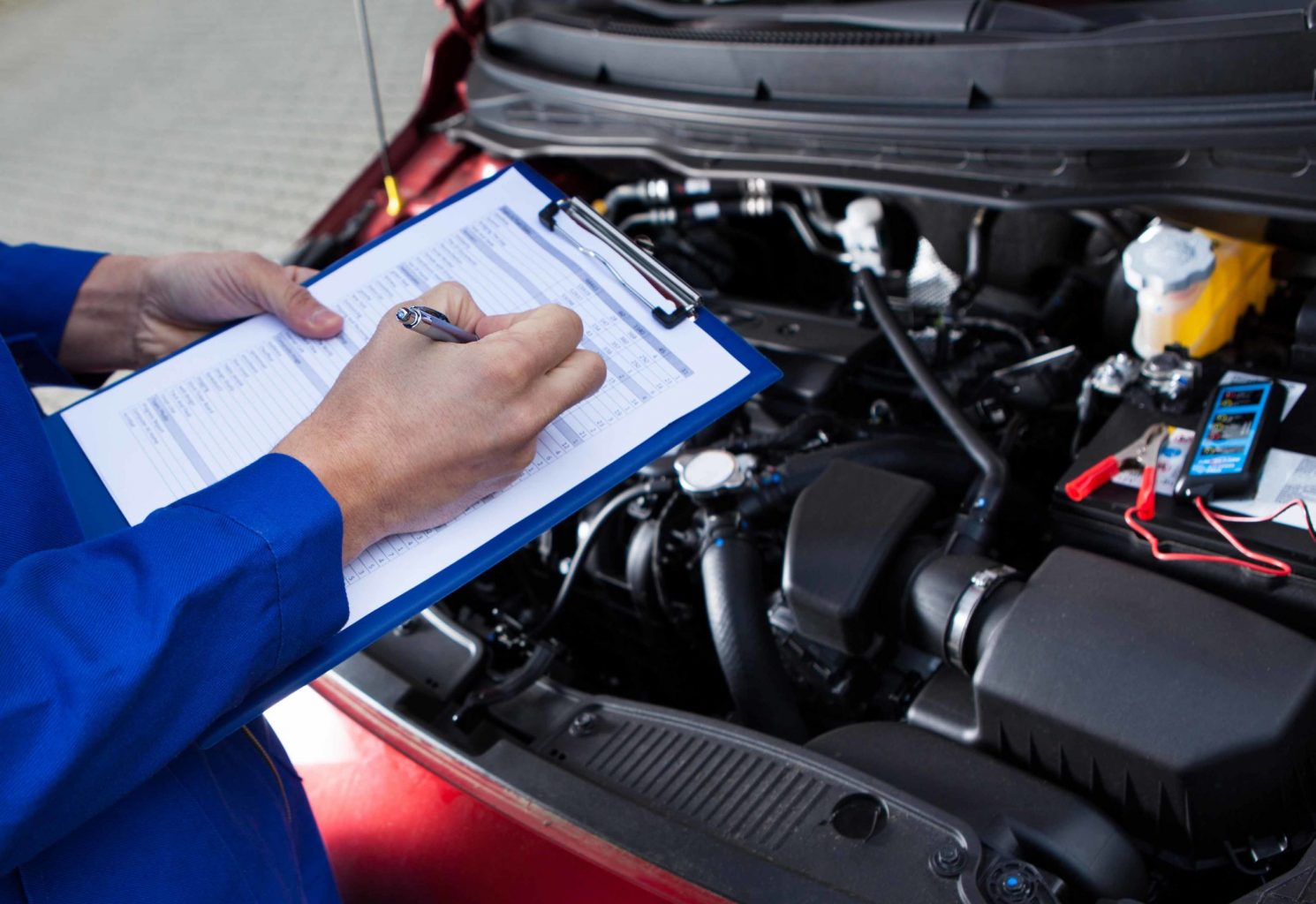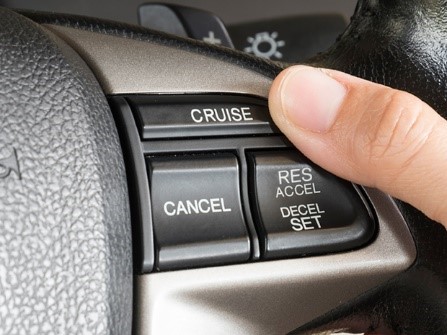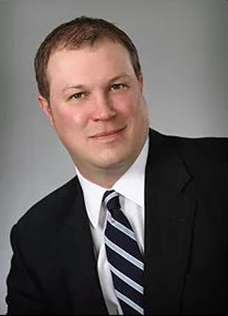 Coming into the summer season, gas prices are rising! This is a normal trend, but it’s not ideal for those of us who are paying for it. The way you drive your car can impact your fuel consumption, directly affecting your monthly gas costs. No matter how fuel efficient your car is, it never hurt to save some extra money on gas. Here are a handful of fuel-saving tips to keep you on the road without breaking the bank!
Coming into the summer season, gas prices are rising! This is a normal trend, but it’s not ideal for those of us who are paying for it. The way you drive your car can impact your fuel consumption, directly affecting your monthly gas costs. No matter how fuel efficient your car is, it never hurt to save some extra money on gas. Here are a handful of fuel-saving tips to keep you on the road without breaking the bank!
1. Regular Maintenance
It is important to keep up with your recommended maintenance schedule. Even the most fuel-efficient cars need regular inspections, tune-ups, etc. This helps you avoid issues that cause poor fuel economy, like as old spark plugs, low fluid levels, or dirty air filter. You won’t save money by skipping this essential step.
Additionally, be sure to check your tire pressure regularly (about every two weeks). Low tire pressure causes your car to work harder to move, resulting in burning fuel more quickly.
2. Make Fewer Trips
If you can, avoid making many short trips and combine all your errands into one big trip. This gives your engine a chance to heat up, which is good because driving with a cold engine uses more fuel for about the first five miles.
3. Avoid Rush Hour Traffic
Sometimes you can’t avoid traffic, but stop-and-go driving is a major factor in reducing fuel efficiency. This type of driving can decrease your fuel economy by up to 20%. If you avoid driving during the most hectic hours of the day, you can save much more money on gas. If this is not an option for you, be mindful of how you brake and accelerate. Gradually slowing and accelerating will help reduce the negative impact of stop-and-go driving on your fuel economy.
4. Remove Extra Weight
The heavier your vehicle is, the more power it needs to move. The only way to get that extra power is to burn more gas. Unless you really need to carry heavy items around in your trunk, you’re better off removing them to save money on fuel costs.
5. Limit A/C Usage
Air-conditioning is a huge fuel consumer. Although it might be tempting to leave it on, try it keep it off unless it is unbearably hot in your car.
6. Follow the Speed Limit
The faster you drive, the more air resistance your vehicle faces. Similar to driving with excess weight, this creates more work for your car, leading to higher gas consumption. Drive at about 75 miles per hour on the highway can cause you to burn 15 percent more fuel than if you were driving 62 mph. Optimal fuel efficiency decreases drastically at speeds above 50 mph. Not only will following the speed limit save on gas, but it’s also safer for everyone on the road.
7. Put your windows up
As previously mentioned, air resistance is a factor that reduces your fuel economy. If your windows are open, this can have a negative impact on the aerodynamics of your car. With the extra air resistance, you will need more fuel to move at the same speed you would move with the windows up.
8. Use Cruise Control
Cruise control keeps your vehicle moving at a constant speed, which burns less gas. Take advantage of cruise control if your vehicle has it to have better fuel efficiency in the long-run, which translates to more!
Even though you might not be able to affect the price of gas, you can still spend less on it by following the above tips. Even small changes to cut down on your fuel consumption will add up quickly and over time. A little saving can go a long way.
Here at Lantz Family Insurance Agency, we are committed to providing our clients with quality insurance and superior customer service – including when disaster strikes. Should the need arise to file a claim, we’re ready to assist you in any way we can. Contact us for a FREE, No Obligation Quote at 774-992-0789 or email info@lantzfia.com.
Peter C. Lantz (Pete) has been a Licensed Insurance Agent in Massachusetts for more than 10 years. He has worked for Arbor Insurance Brokerage, Inc. and USA Wealth Group, Inc. as an Insurance Broker and Financial Advisor. Pete has served in the United States Marine Corps Reserve. Pete has his Real Estate Brokers’ License, as well as Life and Health Insurance Licenses.





